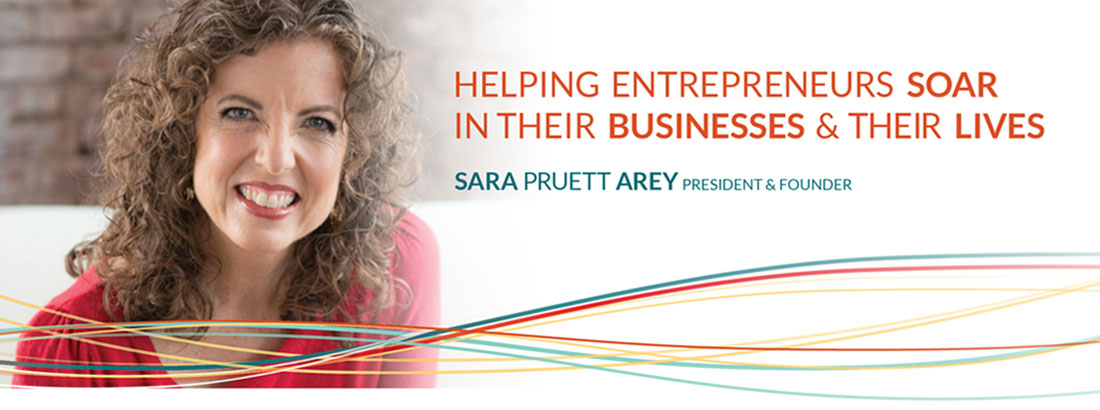 I’m working with some clients right now who are in the process of launching group programs. It’s great because doing something like a launch can bring up all kinds of old gunk. Stuff like:
I’m working with some clients right now who are in the process of launching group programs. It’s great because doing something like a launch can bring up all kinds of old gunk. Stuff like:
- Who am I to do this?
- What makes me think I know enough to teach other people?
- What if no one signs up?
- What if a bunch of people sign up and then hate the program?
The “what ifs” alone can go on and on.
I know, because I’m also getting ready to start a group program! (I’ll probably talk about comparison in an article soon. 🙂 )
There are 3 things I’ve talked to these clients about that I want to share with you.
-
This is a fabulous opportunity.
Typically, we see the gunk coming up as a bad thing. We have thoughts like:
- I hate these negative thoughts!
- If only I didn’t have these, I could do so much!
- No one else has this much negative crap in their heads!
The truth is that those negative thoughts and voices are resonances from the past. They’re based on experiences you’ve had and things people have said to you.
They represent parts of you that are stuck in the past.
I’ve heard them labeled “ego” and been told to ignore my ego, fight my ego or silence my ego. The problem with that is that we’re ignoring, fighting or silencing a part of ourselves – and to live a full life, we need our full selves.
Instead of demonizing or marginalizing these voices, I prefer to meet them with love.
I encourage my clients to do 2 things when these voices come up:
- Listen to and acknowledge the thoughts – without buying into them. These thoughts are expressions of fears that you or some part of you has. That’s all. Like a young child who doesn’t feel heard, they’ll only get louder and more entrenched if they’re not acknowledged. So listen. Or write them out. Acknowledge them without believing them.
- Respond to them with love. If a child you loved was telling you how scared they were to get on a boat, what would be the most effective way to respond to them? Would ignoring them and hauling them onto the boat lead to fun family time? Would yelling at them for being stupid gain their cooperation? Listening empathetically to their fears, showing them the stability of the boat and how to be on a boat safely, and letting them know that you’re with them is most likely to create a harmonious experience. And more likely to have them willingly get on a boat the next time, too.
-
Think of them as stepping stones.
When we have a big project like a launch or talk in front of several hundred people, it’s easy to see that as the end. We often think, “I’ll do this and THEN I’ll have arrived. Then I’ll be there.”
“The thing is, there is no arriving. There is no “there” to get to.
Each thing we do is a step on our path, a step in our expansion and growth.
I picture this as a garden path of stepping stones leading to a beautiful fountain. Each step has its own beauty and perspective. Its own importance. The step just in front of the fountain is no more important than the first step. Each is necessary to carry you toward your goal.
Each project, each launch, each day is a stepping stone. Each is important. Not one will make or break the path.
-
Fear is naturally a part of this.
Most of us learned as children that fear means “Stop!” It was used to keep us from touching hot stoves and running out in the street.
We’re not children any more.
Fear can mean that we’re heading into something that isn’t right for us, or that we should proceed cautiously. It’s rooted in the present moment, based on what’s happening now and comes from our intuition or wise self.
In this case, the fear is more connected with our past than our present or future. It’s the voice of the younger parts of us, the parts that need love and reassurance.
If we stop and pay attention, we notice that this fear is often accompanied by excitement, especially when we remember to relax and breathe.
This fear doesn’t mean we need to stop. Like transition during childbirth, it’s often a signal that we’re about to achieve something big. That life as we know it is about to change.
The best we can do is to get support, to keep breathing and to take that next step.
